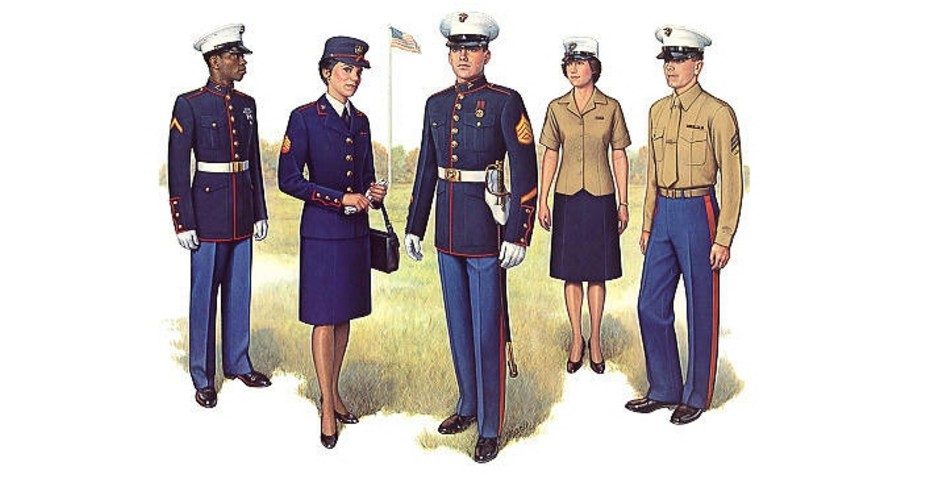
On Monday, the Pentagon announced that it will allow transgender members of the military to serve openly, starting in 2016. The policy change comes two weeks after the Supreme Court issued a ruling that legalized same-sex “marriage.”
Defense Secretary Ashton B. Carter has ordered the armed forces to write new rules over the next few months that allow transgender troops to serve, with exceptions “where objective, practical impediments are identified.”
Carter has issued a directive that would make it difficult to discharge transgender personnel in the interim, and is requiring all cases to be reviewed by a senior Pentagon official. “We must ensure that everyone who’s able and willing to serve has the full and equal opportunity to do so, and we must treat all our people with the dignity and respect they deserve,” Carter said in a statement.
“We have transgender soldiers, sailors, airmen and Marines — real, patriotic Americans, who I know are being hurt by an outdated, confusing inconsistent approach that’s contrary to our value of service and individual merit,” he added.
According to the Williams Institute at the University of California, approximately 15,000 transgender people are believed to serve in the military, though they have concealed that identity.
Fox News reports that there has not been immediate opposition from the chiefs of the Army, Navy, Marine Corps, or Air Force, according to officials familiar with the Pentagon. Instead, the chiefs have asked for enough time to figure out healthcare, housing, and other such logistical information.
Homosexual rights groups who supported the policy change argued it would be a simple transition, pointing to several other countries that have allowed transgender people in the military, including Israel, Canada, Britain, and Australia.
Allyson Robinson, an Army veteran and director of policy for SPARTA, a group that advocates for transgender troops, said that transgender troops in those countries “have served openly for some time, and they’ve already proven that questions about ability or physical capabilities aren’t rooted in practicalities, they are rooted in ignorance and bias.”
Still, opponents contend that the latest policy change is indicative of the Obama adminstration’s misplaced priorities. “It’s time that we allow the military to focus on its only job — defending our country against its enemies,” Jerry Boykin, a retired Army lieutenant general and executive vice president of the Family Research Council, said in a statement.
The Family Research Council‘s Peter Sprigg, senior fellow for policy studies, told LifeSiteNews earlier this year that that his group “would certainly oppose any change in the current policy, which excludes transgender persons from serving in the military” largely because of health concerns.
“Traditionally, transgender people have been excluded from military service for both medical reasons and psychological reasons,” said Sprigg. “There can be complications as a result of surgery or hormone therapy that might compromise someone’s physical fitness, and the psychological reasons are the strong connection between gender dysphoria and other psychological disorders.”
Further, Sprigg asserts that lifting the ban could be detrimental to unit relations, and could potentially lead to people being punished for having differing views. “We think it would be harmful to unit cohesion and morale to have openly transgender people serving in the military,” he said. “It would be asking people in their units to affirm a lie, deception, or a delusion — and, possibly, being punished for not agreeing with transgendered persons.”
According to the Washington Times, Christian service members are already being persecuted in the military for expressing religious beliefs, to the extent that many are resigning from the militay or not joining in the first place.
Also since the types of clothes one wears is purely a social construct and has nothing to do with the sex that one is born (so it is not innate at all) — men of Scotland wore skirt-like kilts and Roman men wore dress-like togas and women throughout the Western world presently wear pants — there is absolutely no reason for males in the military to wear dresses other than that they want to do so. Since the military has never been a democracy, it verges on ludicrous to make an exception in this one instance for the purpose of political correctness. It is akin to letting people who really believe they are Elvis reincarnated — or at least want to be Elvis so much they are suffering from mental distress — to wear rhinestone-studded uniforms.




